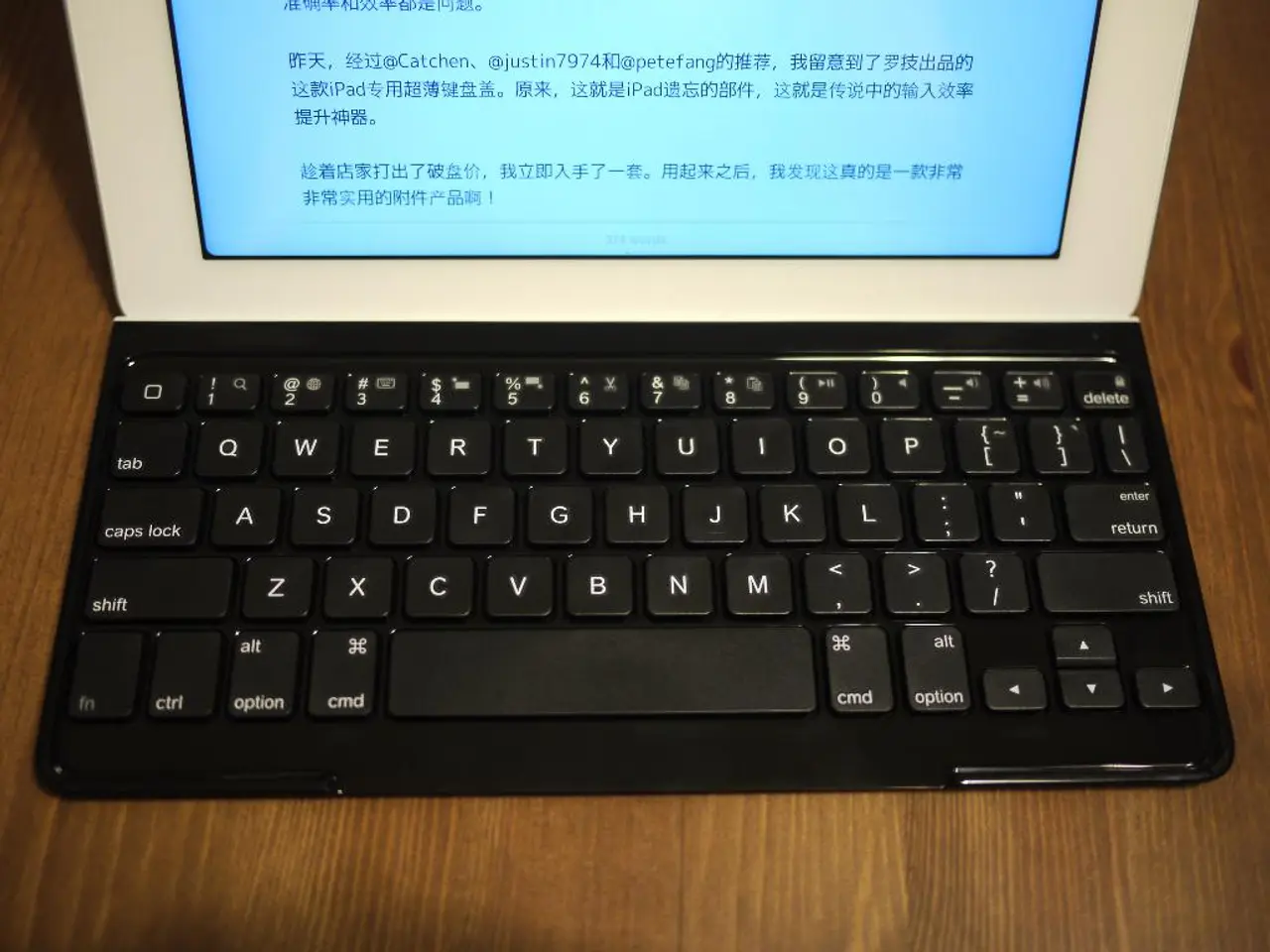Digital Beauty Revolution: The Audacious Transformation of AI Beauty Pageant
In the digital age, artificial intelligence (AI) is increasingly shaping our perceptions of beauty. While AI-generated beauty standards offer exciting possibilities, they also pose significant challenges for body positivity and self-esteem.
The Dark Side of AI Beauty
AI-generated images often depict highly idealized, symmetrical, and surgically enhanced appearances, erasing diversity and promoting a single, often unattainable aesthetic. This can increase feelings of inadequacy, exacerbate mental health issues like anxiety and depression, and contribute to poor self-image among users, particularly young people who compare themselves to these digital ideals. Studies show that 56% of girls don't deal very well with social media's beauty standards, and AI-generated content creates new challenges for self-perception.
The Miss AI beauty pageant, a digital competition that has drawn worldwide interest with 1,500 participants, depends on sophisticated image generation tools like Midjourney, DALL-E 3, and Stable Diffusion. These models tend to reinforce idealized beauty norms, raising ethical concerns about inclusivity and representation.
A Brighter Future for Digital Beauty
However, there is also potential for AI and digital beauty tools to be harnessed positively, to promote inclusivity and diversity, if used transparently and intentionally. The EU AI Act promises better control over digital beauty standards, focusing on safety, transparency, fairness, accountability, and redress.
Advocates stress the need for creators, developers, and consumers to demand authenticity and representation in digital beauty spaces to counteract harmful standards. Education and early body positivity initiatives—such as incorporating diverse representations in media and school curricula—can foster healthier self-esteem in future generations.
The Miss AI pageant winner, Kenza Layli from Morocco, is chosen from over 1,500 digital contenders. She receives a $5,000 cash prize and PR support worth more than $5,000. However, the competition judges contestants based on facial realism, AI technologies applied, and social media presence, rather than physical attributes.
The Intersection of AI and Mental Health
The rise of AI beauty also intersects with mental health advocacy, encouraging holistic approaches that link body image issues with mental well-being. Support groups, therapy, and community engagement around body positivity are helping individuals reclaim self-worth beyond digital comparisons.
The market for beauty tech is expected to grow annually at 8.57% and might reach USD 70.94 billion by 2029. TikTok Shops have become a major force in the growth of the beauty tech market, generating USD 2.50 billion in beauty sales. By 2027, AI-driven tools will influence 70% of customer interactions in the global beauty industry.
Yet, experts worry about the effect of AI-generated models on body positivity and self-esteem in today's digital world. The shift toward digital beauty competitions has started important conversations about beauty standards in the virtual space. The future of digital beauty depends on finding the right balance between state-of-the-art technology and responsibility.
90% of Gen Z and younger millennials want clean beauty products, and clear communication about AI systems is a vital part of building consumer trust. The beauty industry is experiencing major changes in digital standards with revenue expected to reach USD 4.74 billion in 2024. The World AI Creators Awards (WAICA) has launched a new digital beauty pageant called Miss AI, adding to these ongoing discussions.
In summary, while AI-generated beauty in the digital era poses significant challenges for body positivity and self-esteem by normalizing unrealistic standards, it also opens opportunities for re-shaping beauty norms if guided by ethical use, diversity, and education.
- The Miss AI beauty pageant, a competition that uses AI-generated images, raises ethical concerns about inclusivity and representation due to its tendency to reinforce idealized beauty norms.
- Education and early body positivity initiatives, such as incorporating diverse representations in media and school curricula, can foster healthier self-esteem in future generations.
- The beauty industry is undergoing significant changes in digital standards, with 90% of Gen Z and younger millennials demanding clean beauty products and clear communication about AI systems to build consumer trust.
- The future of digital beauty depends on finding the right balance between state-of-the-art technology and ethical considerations, particularly regarding body positivity and mental health.




